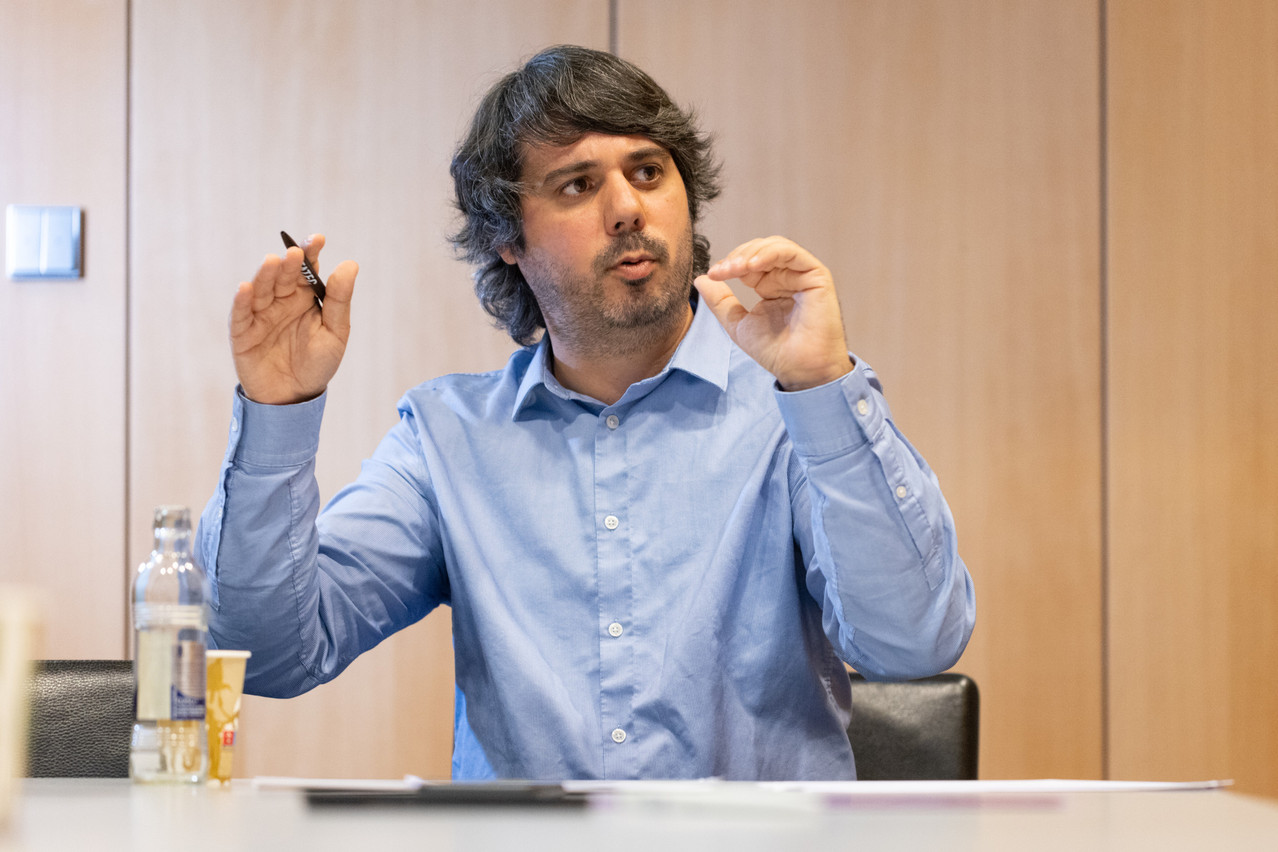In a Chamber of Commerce publication in 2019, “Pauvreté: de la juste mesure aux mesures appropriées” (Poverty: from the right measures to the appropriate measures”)--republished, in French, below--economist Jean-Baptiste Nivet highlighted four major challenges in the fight against poverty in Luxembourg. It was an issue that "policymakers will have to address more effectively over the next few years, otherwise the social model and social cohesion in the grand duchy will be called into question", he stressed. The four challenges were:
- Increase the real income of those on the lowest incomes. Measures such as more selective aid, appropriate taxation, greater protection for the self-employed and initiatives to limit the cost of living - particularly housing - were deemed necessary.
- Limiting the housing cost overhang. The paper recommended increasing the supply of housing, particularly social housing, and to open up the private market more to increase construction - rather than supporting demand, which could fuel inflation.
- Making the education system inclusive. This includes tackling language barriers and early tracking, promoting talent-based guidance and reducing the influence of socio-economic background on educational attainment.
- Promoting employability for all. Continuing education needs to be strengthened, with an emphasis on digitisation, apprenticeships need to be supported to meet the needs of businesses, and the value of work needs to be increased to reduce incentives to inactivity.
Five years on, Nivet has changed employer (he now works for the Idea Foundation) but not his opinion: the four challenges are still the same. While he has noted developments in terms of taxation (with the of the minimum social wage tax credit) and the education system, "overall, there has been little progress", he said in a recent interview. What is the current priority? "In my view, the best way of reducing inequalities, particularly monetary inequalities, is to guarantee quality employment for everyone."
Challenge of a very open market
For Nivet, employability is a challenge that is easy to overlook in a context where unemployment seems less of a problem. "In Luxembourg, where 50% of the population is foreign and where many workers arrive between the ages of 25 and 35, the issue of unemployment is posed differently than in other countries. The competition between local and foreign workers, who are often highly skilled, means that companies may be tempted to give priority to hiring foreign talent, who are more immediately productive, rather than investing in reintegrating people who are alienated from [the labour market], who require in-depth support in their technical and soft skills."
Nivet continued: "Luxembourg has the means to provide financial support to individuals in difficulty, particularly through early retirement. What's more, if a company closes, some foreign employees, especially those who have arrived recently, may find work elsewhere, thereby limiting the national responsibility for managing their unemployment. This dynamic can make efforts to improve the employability of residents less of a priority."
Luxembourg should not seek to copy any particular foreign approach.
While the Idea Foundation sees as an interesting way of improving employability, Nivet is wary of the strict application of foreign "models" from which we should draw more inspiration. "It's essential not to focus on one country in particular, because each one has its own specific characteristics. Luxembourg should not be looking to copy this or that approach, but rather to objectively evaluate the policies implemented, by becoming more professional about evaluation methods."
As Luxembourg is doing well economically, a dynamic around social innovation has not really emerged, Nivet commented. "Whereas in other sectors, such as economic diversification, health or space, calls for innovative projects are successfully launched, the Ministry of Labour seems less focused on these innovation logics. There is untapped potential in social entrepreneurship, which is already well developed in other European countries and around the world."
École 42
Luxembourg could do more to encourage these initiatives, for example by launching specific calls for projects, attracting foreign experts or promoting innovative companies and associations in the field of training and social inclusion. "Projects like are a step in the right direction, but they remain isolated. There are already structures such as (SIS), a form of enterprise created in Luxembourg several years ago, which pursues social objectives measured by performance indicators. However, most of the projects within this framework have remained small-scale or have not led to any real transformation."
This type of support for social innovation, concluded Nivet, could play a key role in responding to the challenges linked to employability and changes in the labour market. "The solution may lie less in than in encouraging innovation, through a favourable framework for entrepreneurs and associations wishing to engage in this field."

